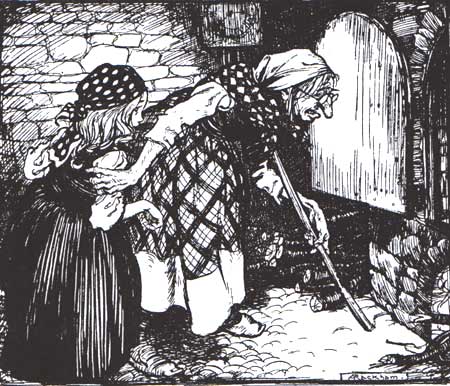I. Introduction
The phrase “the media” was not commonly used until the 1920’s, and it was not until the 1950’s that the communication revolution began. The communication revolution is the beginning of television, racial segregation, the civil rights movement and the satellite explorer I, but media dates back centuries earlier. Oral communication is an art form, and perhaps one of the earliest forms of media which led society into forms of written media. It was through the exchange of oral information, society was led to writing, print media, music, radio, television, movie and the internet. Invention of the radio reestablished the importance of speech which lead to the television that revolutionized the way media is now viewed. As media progressed throughout history, the globalization of media became more apparent and accessible around the world and is prevalent in todays society.
II. Oral Communication
It is perhaps through the concept of speech that man and civilization began its history. Passing of cultural history, knowledge, songs and stories through speech were passed through several generations. Oral communication tradition is practiced within every culture. Within this paper I will focus on oral media of European culture.
In the Middle Ages, religion played an important role in communication. Christian church services contain a sermon, which is a style of preaching to the congregation. The content of these sermons were secular in nature and often would draw crowds. Martin Luther, a German priest and professor of theology (1483-1548), once said the church was “ a mouth house and not a pen house.” Sermons are still important centers of faith today especially in the Christian and Catholic churches.

Another important from of oral communication is that of storytelling. Stories were often told to children and easily passed on and becane folklore. Folklore can be told for a variety of reasons with the teaching of a moral value or perhaps for entertainment purposes. Popular folklore examples are the stories of “Hansel and Gretel,” “King Arthur,” and “Robin Hood.” Telling of folklore is still popular in today’s culture perhaps as a bedtime story or a ghost story told at sleepovers to give the listeners a good scare.


It was through social gatherings and public events and places the exchange of information through word of mouth was possible. In today’s modern society, it is easily forgotten how important social face to face interaction is. Society today can communicate through cell phones, texts, instant messages, and e-mails at lightening speed, and it is easily avoidable personal contact. It is important to remember the roots of societies medial beginning.
III. Censorship

The definition of censorship is the suppression of communication that is of a sensitive nature by a controlling party. Throughout world history, censorship became a common practice in many forms. The Nazi party burned books, and the Soviet Union did not have independent journalism until Mikhail Gorbachev became General Secretory in 1985. In this paper I will focus on the censorship of the Catholic Church in early Europe.
In 1948, the Catholic Church printed an “Index of Prohibited Books.” This was a catalogue of literary material the church congregation and people of faith were not to read. This was the church’s early attempt to fight the printing press. Most books that the church classified as forbidden were that of Protestant theology and criticized the teaching of the church. Censorship itself has a long standing history. As long as there are those who abuse their power and control, there will be censorship. Walt Whitman said it best, “the dirtiest book of all is the expurgated book.”
Anti-government protesters are gathered in Tahrir Square in Cairo requesting the President step down from office. Hosni Mubarak, who is the current president of Egypt, has held office for thirty years and the public is asking for new leadership. Mubarak has placed media restrictions on Egypt by cutting off the internet and text messaging services have been suspended. A large portion of 21st century technology have been censored in hopes of eliminating mass organization of protesters. But will eliminating technology get rid of the protestors? My opinion is that this is unlikely. Although modern technology is being restricted and censored the protestors will continuing voicing their protest. This aggressive move of restricting mass media has only drawn more worldwide attention to Egypt, putting more pressure on Mubarak.
V. Conclusion
Evolution of media is a natural progression in society. It is the constant struggle of finding faster and better ways of informing the public. Although media is in the constant state of progression, there is still the constant struggle of censorship and power. It will always remain a never ending battle between progression and power. Society must continue to improve communication, but never forget the roots of their ancestors and perhaps the more primitive forms. Speech and writing are the core of a society.
 Protesters in Tahiri Square
Protesters in Tahiri Square
No comments:
Post a Comment